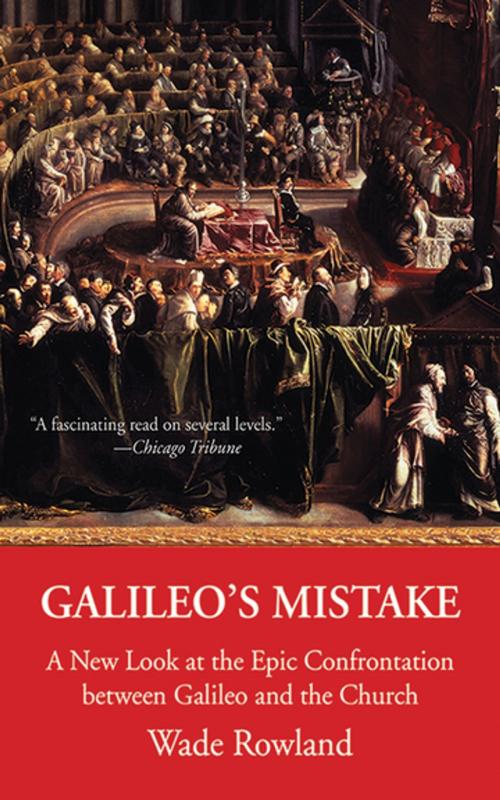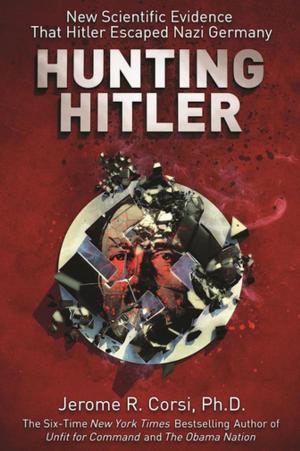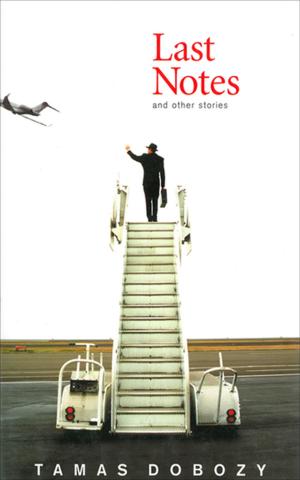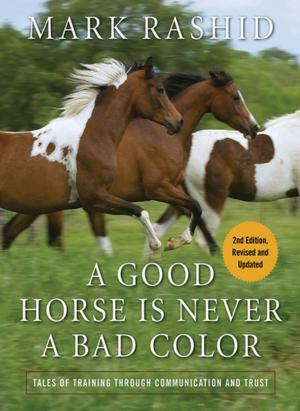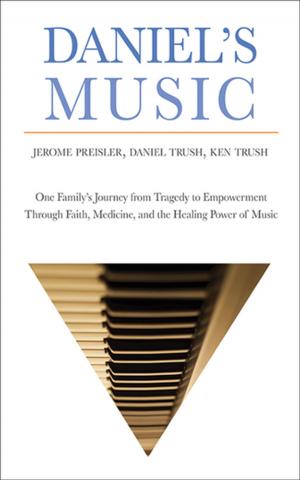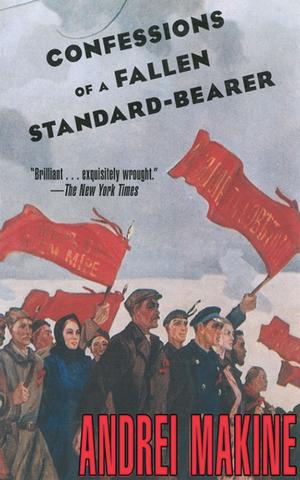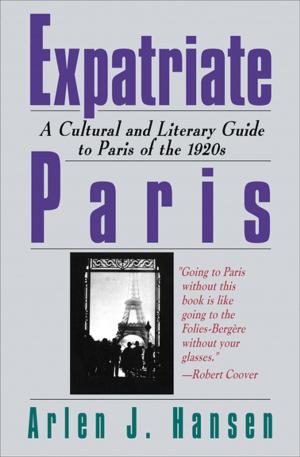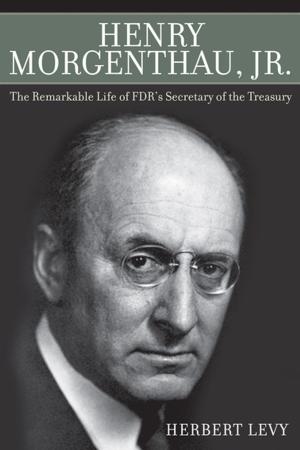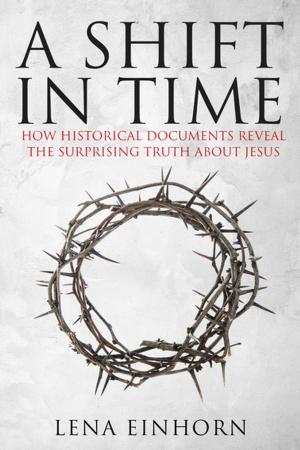Galileo's Mistake
A New Look at the Epic Confrontation between Galileo and the Church
Nonfiction, Science & Nature, Science, Physics, Astronomy, History, Renaissance| Author: | Wade Rowland | ISBN: | 9781628722420 |
| Publisher: | Skyhorse Publishing | Publication: | December 3, 2011 |
| Imprint: | Arcade Publishing | Language: | English |
| Author: | Wade Rowland |
| ISBN: | 9781628722420 |
| Publisher: | Skyhorse Publishing |
| Publication: | December 3, 2011 |
| Imprint: | Arcade Publishing |
| Language: | English |
A provocative reexamination of Galileo’s prosecution by the Catholic Church—one of the great turning points in the history of science.
The modern understanding of the notorious 1633 trial of Galileo Galilei is that of Science and Reason persecuted by Ignorance and Superstition—of Galileo as a lonely, courageous freethinker oppressed by an anti-intellectual institution fearful of losing its power and influence. But is this an accurate picture?
Galileo’s Mistake contends that the dispute concerned an infinitely more profound question: What is truth and how can we know it? Author Wade Rowland demonstrates that Galileo’s mistake was to insist that science and only science provides the truth about reality—a philosophy that put him squarely at odds with the Church. In asserting the primacy of science on the territory of truth, Galileo strayed into the theological realm, an act that set in motion a series of events that would change the world . . .
Building a “compelling case that Galileo and the Church differed over something far more important than whether the earth revolved around the sun,” Galileo’s Mistake promises to disarm the most stubborn of skeptics and make for scintillating debate (Publishers Weekly).
“[Rowland’s] lucid historical narrative—embedded in a three-voice dialogue of contemporary commentators—does open up long-hidden ironies and paradoxes surrounding a pivotal event in the evolution of Western culture.” —Booklist
“[This] book will appeal to most readers interested in the current debate about the relation between science and religion.” —Publishers Weekly
A provocative reexamination of Galileo’s prosecution by the Catholic Church—one of the great turning points in the history of science.
The modern understanding of the notorious 1633 trial of Galileo Galilei is that of Science and Reason persecuted by Ignorance and Superstition—of Galileo as a lonely, courageous freethinker oppressed by an anti-intellectual institution fearful of losing its power and influence. But is this an accurate picture?
Galileo’s Mistake contends that the dispute concerned an infinitely more profound question: What is truth and how can we know it? Author Wade Rowland demonstrates that Galileo’s mistake was to insist that science and only science provides the truth about reality—a philosophy that put him squarely at odds with the Church. In asserting the primacy of science on the territory of truth, Galileo strayed into the theological realm, an act that set in motion a series of events that would change the world . . .
Building a “compelling case that Galileo and the Church differed over something far more important than whether the earth revolved around the sun,” Galileo’s Mistake promises to disarm the most stubborn of skeptics and make for scintillating debate (Publishers Weekly).
“[Rowland’s] lucid historical narrative—embedded in a three-voice dialogue of contemporary commentators—does open up long-hidden ironies and paradoxes surrounding a pivotal event in the evolution of Western culture.” —Booklist
“[This] book will appeal to most readers interested in the current debate about the relation between science and religion.” —Publishers Weekly
